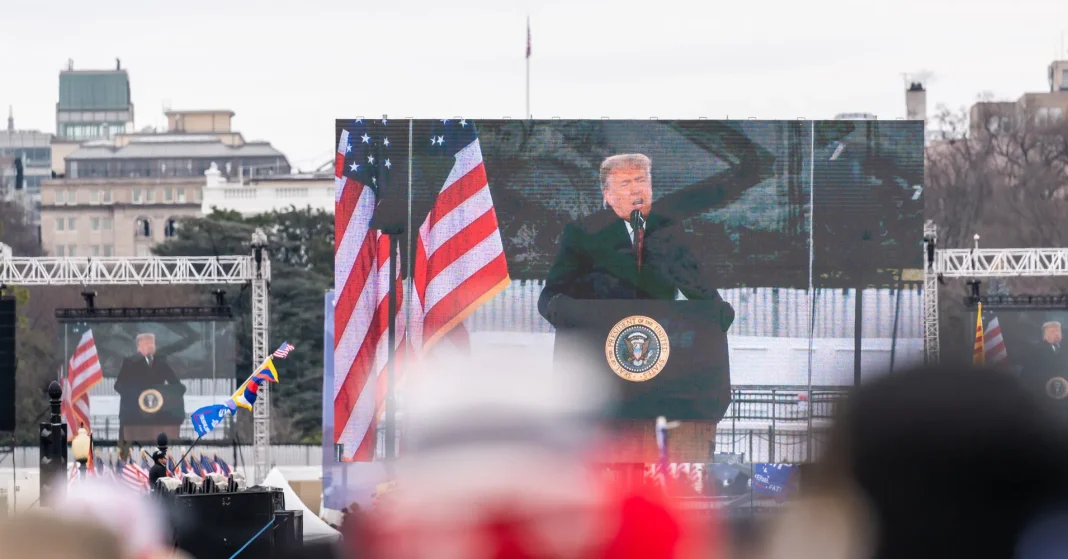The resignation of the BBC Chief has stirred conversations across the globe after allegations emerged concerning the manipulation of a speech given by former U.S. President Donald Trump. This development has sparked discussions on media ethics and integrity, further highlighting the challenges faced by major news organizations.
The Controversy Surrounding the Speech

The controversy arose after allegations were made that the BBC altered a speech by Donald Trump, leading to a distorted representation of his remarks. Critics argue that such actions compromise journalistic integrity and public trust. The BBC has maintained that the editing was unintentional, but the resulting backlash was significant enough to prompt the resignation of the organization’s chief.
The incident has drawn scrutiny not only from media watchdogs but also from international politics observers who view this case as a critical example of how media can influence public perception. The scrutiny has also put pressure on other global media outlets to uphold the highest standards of reporting.
Resignation and Immediate Repercussions

The resignation of the BBC Chief serves as a stark reminder of the significant responsibilities held by leaders of media organizations. His stepping down is intended to restore public confidence in the BBC’s commitment to unbiased reporting. This move has been cautiously welcomed by both critics and supporters of the news outlet.
Additionally, internal reviews have been launched to ensure that similar incidents do not recur. It remains to be seen how this will affect the BBC’s operational practices and its relationship with its audience moving forward.
Implications for Journalism and Media Ethics

This situation underscores the importance of ethical standards in journalism. With the prevalence of misinformation, the integrity of respected news institutions is more crucial than ever. The case has prompted renewed discussions about the ethical frameworks that guide news reporting and editorial judgment.
Media experts call for rigorous checks and balances in editorial decisions to prevent similar controversies. This includes better training for journalists in distinguishing fact from opinion and uncertainty.
The Broader Impact on Public Trust

The manipulation controversy has highlighted the fragile relationship between media outlets and the public. In an era where information is abundant, but trust is scarce, this incident serves as a cautionary tale. Restoring confidence in media requires transparency, accountability, and a steadfast adherence to truth.
As the BBC navigates this challenging period, other media organizations are likely to revisit their own policies and procedures to prevent similar occurrences. Public trust, once lost, can be difficult to regain, making the ongoing commitment to restoring credibility all the more necessary.
In conclusion, the resignation of the BBC Chief in light of the criticism over the Trump speech manipulation has created an opportunity for reflection and reform within the organization and the media industry as a whole. The lessons learned from this incident will likely resonate in media circles for some time.





